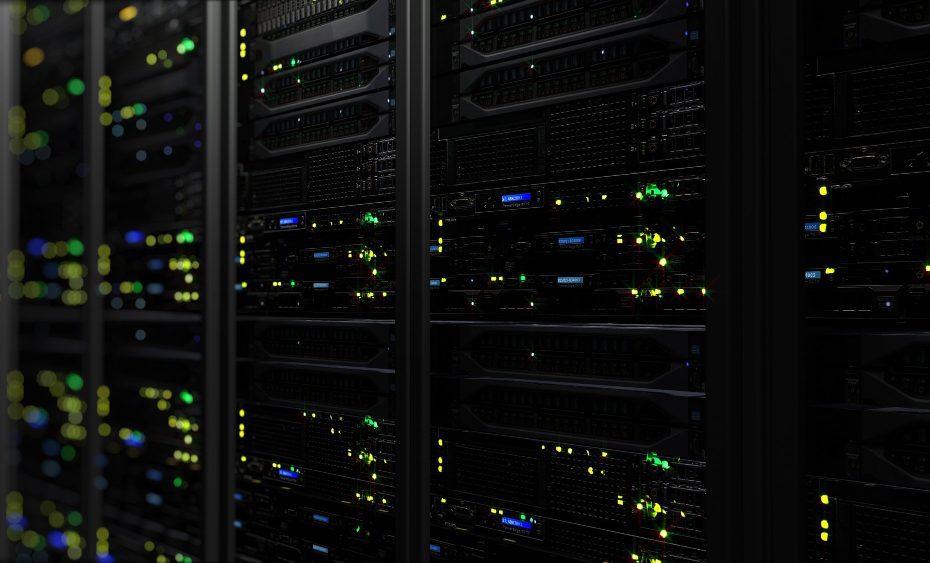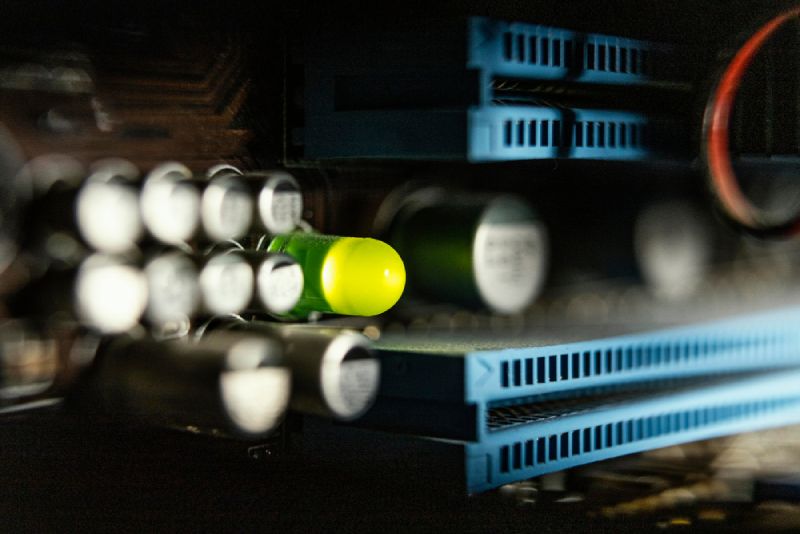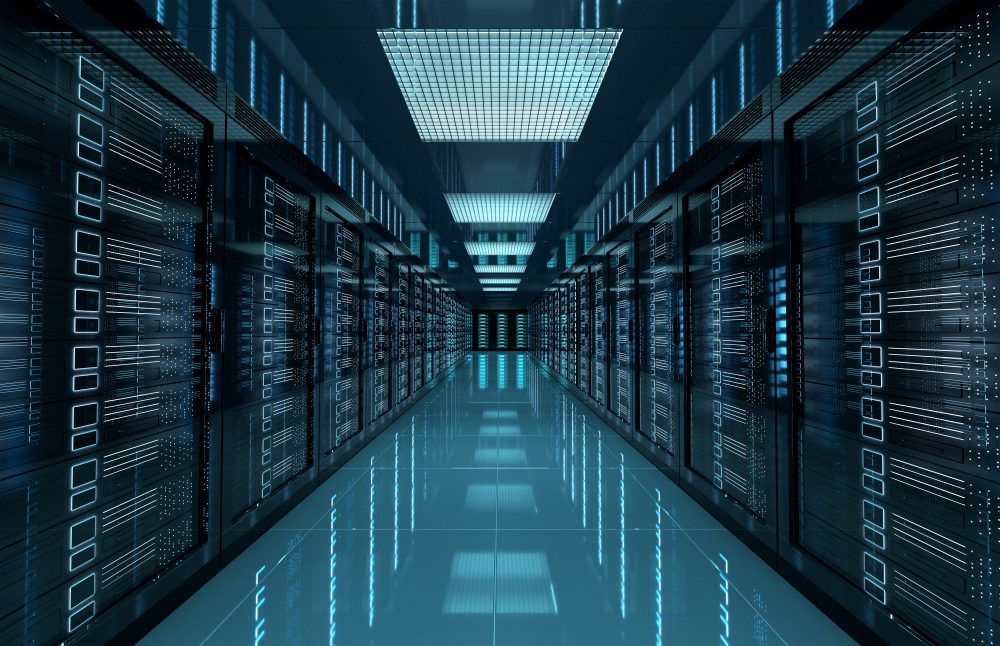Does a NAS need antivirus?
The Importance of Antivirus for NAS Devices
The Network Attached Storage (NAS) device has become an essential tool for storing and sharing data in both home and business environments. With its ability to provide centralized storage and backup solutions, the NAS has gained popularity as a reliable and convenient option. However, when it comes to cybersecurity, one question arises: Does a NAS need antivirus software?
The short answer is yes. Despite being less vulnerable to traditional viruses, NAS devices are not immune to cyber threats. As the amount of sensitive data stored on NAS drives has increased, hackers have recognized the value of targeting these devices. It is crucial to ensure the security of your NAS by implementing antivirus measures to protect against malware, ransomware, and other malicious attacks.
The Risks and Vulnerabilities of NAS Devices
NAS devices are often connected to the internet, making them potential targets for cybercriminals. Without proper protection, these devices can fall victim to various security risks:
1. Malware: Malicious software can find its way into a NAS device through infected files or compromised network connections. Once inside, malware can manipulate, delete or encrypt data, causing significant damage to your stored files.
2. Ransomware: NAS devices are an attractive target for ransomware attacks due to the large amounts of valuable data they store. A successful attack can result in the encryption of your files, with hackers demanding a ransom for their release.
3. Unauthorized Access: If your NAS lacks proper security measures, unauthorized users can gain access to your stored data. This can lead to data breaches, privacy violations, and potential legal consequences.
Benefits of Antivirus Software for NAS Devices
Implementing antivirus software on your NAS device offers several benefits in safeguarding your data and protecting against potential threats:
1. Real-Time Scanning: Antivirus software can continuously monitor your NAS for any suspicious activities, providing real-time protection against malware and other malicious software.
2. Malware Detection and Removal: Antivirus programs can identify and eliminate malware threats, preventing them from causing damage to your files or compromising your data.
3. Scheduled Scans: You can set up regular scans of your NAS to ensure that viruses and other malware are detected and removed before they have a chance to infect your files.
4. Updates and Patch Management: Antivirus software often includes automatic updates and patch management, ensuring that your NAS is protected against the latest threats as they emerge.
“By implementing antivirus software on your NAS device, you can significantly enhance its security and mitigate the risks of malware attacks.” – Cybersecurity Expert
Best Practices for NAS Security
In addition to antivirus software, there are several best practices you should follow to ensure the security of your NAS device:
- Regularly Update Firmware: Keep your NAS firmware up-to-date to benefit from security patches and improvements provided by the manufacturer.
- Strong Passwords: Use complex, unique passwords for your NAS login credentials and regularly change them.
- Enable Two-Factor Authentication: Implement an additional layer of security by enabling two-factor authentication on your NAS device.
- Restrict Remote Access: Only enable remote access when necessary and configure it securely with proper user permissions.
- Backup Data: Regularly back up your data from the NAS to an external location, ensuring that you always have a copy in case of data loss or ransomware attacks.
Can my NAS be hacked?
Network-Attached Storage (NAS) devices are increasingly popular for storing and sharing data in homes and small businesses. However, with the rise of cybercrime, it’s natural to question the security of these devices. Can your NAS be hacked? Let’s explore the topic.
The Importance of NAS Security
NAS devices store a vast amount of personal and sensitive data, making them an attractive target for hackers. If compromised, your data could be stolen, manipulated, or held for ransom. Therefore, it is crucial to take appropriate security measures to protect your NAS from unauthorized access.
Potential Vulnerabilities
NAS devices can be vulnerable to various types of attacks:
- Password Weakness: Using weak passwords can make it easier for hackers to gain unauthorized access to your NAS.
- Outdated Firmware: Unpatched vulnerabilities in the firmware of your NAS can leave it exposed to attacks.
- Phishing Attacks: NAS owners may fall victim to phishing attempts, where hackers trick them into revealing their login credentials.
- Open Network Ports: Open ports on your NAS without proper firewall configuration can provide entry points for hackers.
Best Practices to Secure Your NAS
To minimize the risk of your NAS being hacked, consider implementing the following security practices:
- Use Strong Passwords: Set strong, unique passwords for your NAS and change them regularly.
- Keep Firmware Updated: Regularly check for and install firmware updates provided by the manufacturer to fix any security vulnerabilities.
- Enable Two-Factor Authentication: Enable two-factor authentication (2FA) to add an extra layer of security to your login process.
- Secure Your Network: Ensure your network is secure by using encryption, enabling a firewall, and regularly monitoring network activity.
Quote: “Securing your NAS is not a one-time task; it requires consistent efforts and proactive measures to stay ahead of evolving threats.” – Cybersecurity Expert
How do I protect my NAS from hackers?
A Network-Attached Storage (NAS) device is a valuable tool for storing and accessing files across a network. However, it’s crucial to ensure the security of your NAS to prevent unauthorized access or data breaches by hackers. Here are some essential steps to protect your NAS:
Update Firmware Regularly
Regularly updating the firmware on your NAS is essential to address any known security vulnerabilities. Check the manufacturer’s website for firmware updates and apply them promptly to ensure your NAS is protected against the latest threats.
Strong Passwords and User Authentication
Use strong passwords for accessing your NAS admin panel and user accounts. Avoid common passwords and enable multi-factor authentication whenever possible. This significantly enhances the security of your NAS.
Enable Encryption
Encrypting the data stored on your NAS adds an extra layer of protection. Most modern NAS devices support encryption, so enable it to safeguard your sensitive files and prevent unauthorized access even if someone gains physical access to the device.
Secure Network Configuration
Ensure your NAS is connected to a secure network. Use a strong network password, disable guest access, and consider segregating your NAS on a separate VLAN or subnet to limit potential exposure to other devices.
Regular Backup and Offsite Storage
Regularly back up your NAS data and store copies offsite. In case of a ransomware attack or physical damage to your NAS, this ensures you have a secure copy of your files that can be restored.
Firewall and Intrusion Detection
Configure a firewall on your NAS to filter incoming and outgoing connections. Additionally, consider enabling intrusion detection features provided by your NAS device to identify and block potential attacks.
Keep an Eye on Logs and Alerts
Regularly monitor the logs and alerts provided by your NAS device. Unusual activity or suspicious log entries may indicate a security breach, allowing you to take immediate action to protect your data.
“Protecting your NAS from hackers requires a proactive approach to security. Implementing these measures can significantly reduce the risk of unauthorized access and data loss.”
By following these steps, you can enhance the security of your NAS and prevent potential security breaches. Remember, staying vigilant and keeping up with the latest security practices is key to protecting your valuable data.
Should NAS be encrypted?
NAS (Network Attached Storage) devices have become increasingly popular for storing and sharing data in both personal and business environments. With the growing concerns about data privacy and security, one important question arises: should NAS be encrypted?
The importance of encrypting NAS
Encrypting NAS provides an additional layer of security to protect sensitive data from unauthorized access. Encryption ensures that even if someone gains physical or remote access to the NAS device, they will not be able to read or understand the stored data without the encryption key. This is particularly crucial for businesses that deal with confidential information or individuals who store personal files containing sensitive data.
The benefits of NAS encryption
There are several benefits to encrypting NAS:
- Data confidentiality: Encryption ensures that only authorized individuals can access and understand the data stored on the NAS device.
- Data integrity: Encryption protects data from being modified or tampered with during transmission or storage.
- Compliance with regulations: Many industries have specific compliance requirements regarding data security. Encrypting NAS helps businesses meet these requirements.
- Peace of mind: Encrypting NAS provides peace of mind knowing that even if the device falls into the wrong hands, the data remains secure.
Considerations for NAS encryption
While encrypting NAS is beneficial, there are some considerations to keep in mind:
- Performance impact: Encryption can introduce a slight performance overhead, as the data needs to be encrypted and decrypted during read and write operations. However, modern NAS devices often have hardware acceleration for encryption, minimizing the impact on performance.
- Backup and recovery: It is important to have a backup strategy in place for encrypted NAS, as losing the encryption key could result in permanent data loss. Regularly backing up the encryption key and ensuring redundant copies are stored securely is essential.
“Encrypting NAS provides an additional layer of security to protect sensitive data from unauthorized access.”
Is NAS more secure than cloud?
Introduction
When it comes to storing and accessing data, two popular options are Network-Attached Storage (NAS) and cloud storage. While both have their advantages, one common question that arises is which option is more secure. In this article, we will explore the security aspects of NAS and cloud storage to determine if NAS is indeed more secure.
NAS Security
Network-Attached Storage is a storage device connected to a network that allows multiple users to access and share files. NAS offers several security features that make it a reliable choice for data storage. These include:
- Physical Security: NAS devices are often kept in a secure location within an organization, minimizing the risk of physical theft or damage.
- User Access Control: NAS allows administrators to set up user accounts and permissions, ensuring that only authorized individuals can access specific files or folders.
- Data Encryption: Many NAS devices support encryption to protect data during transmission and storage.
Cloud Storage Security
Cloud storage, on the other hand, involves storing data on remote servers managed by a third-party provider. While cloud storage offers convenience and scalability, some concerns regarding security exist:
- Data Privacy: Storing data on servers managed by a third-party raises concerns about the privacy and control over the data.
- Security Breaches: Cloud storage providers may be vulnerable to security breaches, potentially exposing sensitive data to unauthorized access.
- Data Compliance: Compliance with data protection regulations is crucial, and organizations need to ensure that cloud storage providers meet these requirements.
Comparing Security
While NAS offers localized control and security measures, cloud storage providers have also implemented robust security measures to protect data. It ultimately depends on the specific needs and requirements of your organization.
“The level of security for both NAS and cloud storage largely depends on the implementation and configuration of the respective systems.”
Organizations with stringent security requirements may prefer NAS for its physical control and encryption capabilities. Others may opt for cloud storage due to its convenience and scalability. It is important to thoroughly assess the security features and options provided by both solutions before making a decision.
Can a virus spread through home Wi-Fi?
With the increasing reliance on technology in our daily lives, concerns about online security and the spread of viruses have become more prevalent. One question that often arises is whether a virus can spread through home Wi-Fi networks. Let’s explore this topic and understand the risks involved.
The Basics of Wi-Fi Security
Wi-Fi networks are secured using encryption protocols such as WPA2, which help protect sensitive information from unauthorized access. While these security measures are effective in preventing unauthorized users from connecting to your network, they do not provide absolute protection against viruses and malware.
Potential Risks
Although the chances of getting a virus through your home Wi-Fi network are relatively low, it is not entirely impossible. Here are a few scenarios where your network might be at risk:
- Compromised Devices: If a device connected to your network, such as a smartphone or laptop, gets infected with a virus, it can potentially spread the virus to other devices on the same network.
- Malicious Websites and Downloads: Visiting malicious websites or downloading infected files on any device connected to your Wi-Fi network can introduce viruses to your network.
Protecting Your Wi-Fi Network
To minimize the risks of virus transmission through your home Wi-Fi network, consider taking the following steps:
- Use Strong Passwords: Ensure that your Wi-Fi network password is strong and not easily guessable. This will make it harder for unauthorized users to access your network.
- Keep Devices Updated: Regularly update the software and firmware of all devices connected to your network. This helps protect against known vulnerabilities and reduces the risk of virus infections spreading.
- Install Antivirus Software: Install and regularly update antivirus software on all devices to detect and remove any viruses that may find their way onto your network.
“While the chances of a virus spreading through home Wi-Fi networks are minimal, it is crucial to take appropriate measures to safeguard your network and devices.”
Conclusion
While it’s true that NAS devices can be hacked, implementing the recommended security practices significantly reduces the risk. By staying vigilant, regularly updating firmware, using strong passwords, and securing your network, you can ensure the safety of your data stored on your NAS.
Encrypting NAS is highly recommended to ensure the security and confidentiality of stored data. While there may be some performance considerations and the need for proper backup and recovery strategies, the benefits of encryption far outweigh the potential drawbacks. By encrypting NAS, individuals and businesses can have peace of mind knowing that their data is protected from unauthorized access.
When comparing the security of NAS and cloud storage, it is not a matter of one being inherently more secure than the other. Both options have their strengths and weaknesses in terms of security. To ensure data security, organizations should carefully evaluate their requirements and choose the solution that aligns best with their needs.
While a virus spreading through a home Wi-Fi network is not a common occurrence, it is not entirely impossible. By implementing proper security measures, such as using strong passwords, keeping devices updated, and installing antivirus software, you can significantly reduce the risks associated with virus transmission. Remember to stay vigilant and practice safe browsing habits to protect yourself and your network from potential threats.



